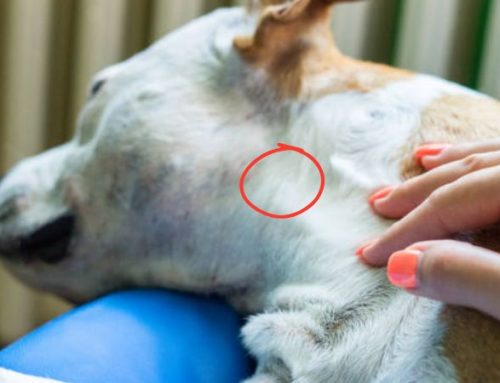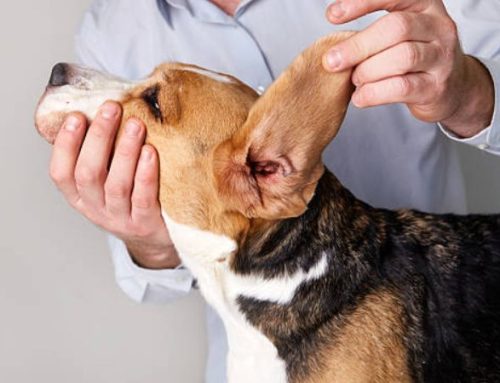Cornish Rex cats are impossible to ignore, with their sleek, curly coats, oversized ears, and graceful, athletic frames. Unlike most cats, they have only a soft undercoat, giving them a delicate, almost sculpted appearance that is both elegant and playful. These intelligent, energetic cats form strong bonds with their owners and adapt well to a variety of living situations, from busy households to quiet apartments.
If you’re thinking about welcoming one into your home, the next question is: how much does a Cornish Rex cost? In this section, Nexus Pets explains the difference between buying from a breeder and adopting, along with the typical price ranges for kittens.
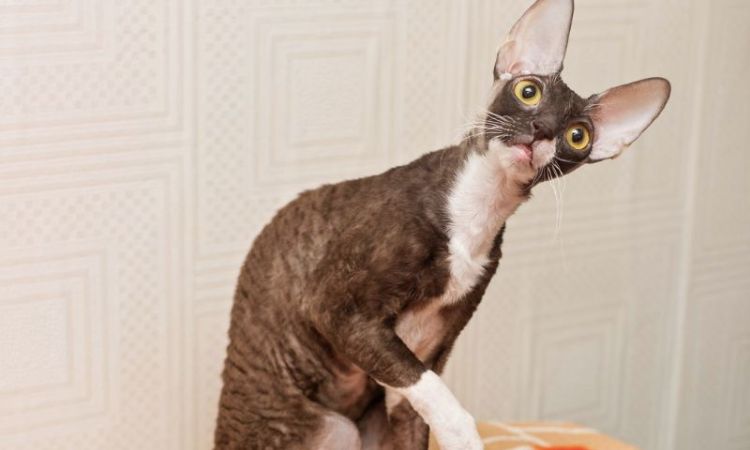
Cornish Rex Cost from a Breeder
Purchasing a Cornish Rex kitten from a reputable breeder typically costs between $1,500 and $2,000. This price reflects the breeder’s investment in responsible breeding practices, veterinary care, and maintaining the cat’s pedigree. In some cases, particularly for rare colors or exceptional show-quality kittens, the cost can exceed this range.
Factors Affecting the Price
- Breeder’s Reputation and Location
Well-established breeders with a strong track record, health guarantees, and recognized pedigrees often command higher prices. Their kittens usually come with comprehensive veterinary care and careful socialization. Geographical location also plays a role—breeders in major cities or regions with high demand may charge more than those in less competitive markets.
- Lineage and Pedigree
A kitten’s family history can significantly influence cost. Cats descending from champion bloodlines or those bred for show quality are valued more highly than those classified as “pet quality.” Show-quality Cornish Rex kittens often meet strict conformation standards and may be priced considerably higher due to their potential for competition and breeding.
- Color and Markings
While all Cornish Rex cats share the breed’s signature wavy coat, some rare colors and unique patterns may raise the price. Demand for uncommon shades or striking markings can lead to a premium cost compared to more common varieties.
- Included Services
The purchase price usually covers several essential services and protections, which add long-term value. These may include:
- Spay or neuter surgery
- Core vaccinations appropriate for the kitten’s age
- Health screenings and veterinary checkups
- Microchipping for identification
- Registration with cat associations such as TICA or CFA
- A written health guarantee from the breeder
Buying from a reputable breeder ensures not only that you are getting a healthy, well-socialized kitten, but also that you are supporting ethical breeding practices that prioritize the welfare of the animals.
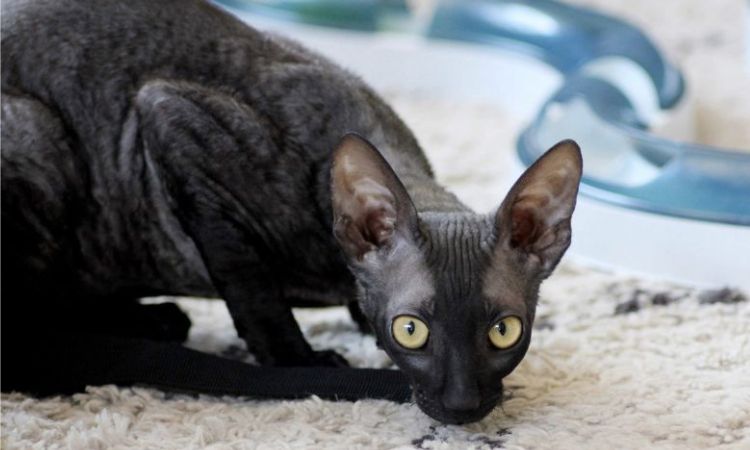
Cornish Rex Adoption Costs
The cost to adopt a Cornish Rex typically ranges from $10 to $100, though in some cases, particularly with specialized purebred rescues, fees can go up to $600. Adoption prices vary depending on the organization, the cat’s age, health, and whether the adoption is through a general shelter or a breed-specific rescue.
Where to Adopt
There are several avenues to find a Cornish Rex in need of a home:
- Purebred Rescue Organizations: Breed-specific rescues often have Cornish Rex cats available. These organizations focus on rehoming purebred cats, and they ensure the cats receive proper veterinary care before adoption.
- Local Animal Shelters: Some shelters occasionally have purebred Cornish Rex cats, though it is less common than mixed breeds. Checking frequently and contacting shelters directly increases your chances.
- Online Pet Adoption Websites: Websites like Petfinder, Adopt-a-Pet, and local classifieds can help locate Cornish Rex cats available for adoption in your area. These platforms often provide details about the cat’s health, temperament, and adoption requirements.
What Adoption Fees Cover
Adoption fees are more than just a payment—they help cover the costs of caring for the cat before it comes home with you. Typical inclusions are:
- Spay or Neuter Surgery: Ensures your cat won’t contribute to unwanted litters.
- Vaccinations: Core vaccines to protect against common feline illnesses.
- Deworming and Parasite Prevention: Treatment for internal and external parasites.
- Initial Health Checks: Veterinary exams to confirm the cat is healthy and ready for adoption.
Paying the adoption fee also supports the shelter or rescue organization, allowing them to continue caring for other cats in need.
Breeder vs. Adoption: A Comparison
When deciding how to bring a Cornish Rex into your home, you essentially have two main options: buying from a breeder or adopting from a shelter or rescue. Both paths have distinct advantages and disadvantages, depending on your priorities, budget, and timeline.
Breeders
Pros:
- Guaranteed Purebred: Purchasing from a reputable breeder ensures that your Cornish Rex is a true purebred, with the distinctive curly coat, elegant frame, and characteristic personality that defines the breed.
- Predictable Temperament and Health: Established breeders carefully select breeding pairs to maintain the breed standard, resulting in kittens with more predictable behavior, temperament, and health outcomes.
- Extensive Health Screenings: Reputable breeders provide comprehensive veterinary care, including vaccinations, deworming, microchipping, spay/neuter guidance, and often genetic health screenings.
- Ongoing Support: Many breeders offer guidance and support throughout the cat’s life, helping new owners with nutrition, training, and health questions.
Cons:
- High Cost: Cornish Rex kittens from breeders can range from $1,500 to $2,000, making them one of the more expensive cat breeds. The initial investment also often includes spay/neuter, vaccinations, and sometimes registration with organizations like TICA or CFA, which adds to the cost.
- Potential Waiting Lists: Because reputable breeders carefully plan their litters, there may be a long wait for a kitten, especially for specific colors, patterns, or pedigrees.
Adoption
Pros:
- Lower Cost: Adoption fees are generally far lower than buying from a breeder, typically ranging from $10 to $100, though some purebred rescue organizations may charge up to $600.
- Giving a Home to a Cat in Need: Adoption provides a loving home to a cat that might otherwise face an uncertain future in a shelter.
- Known Personality (for adults): If you adopt an adult Cornish Rex, you may already have insight into its temperament and behavior, making it easier to match the cat to your household.
Cons:
- Availability Is Not Guaranteed: Purebred Cornish Rex cats are relatively rare in shelters, so you may have to wait or search extensively to find one.
- Unknown History: Many shelter cats come with limited background information, including past health issues or prior trauma, which could require patience and additional care.
- Potential for Behavioral Issues: Cats from unknown or difficult backgrounds may have behavioral challenges, such as anxiety or fearfulness, which require time, training, and sometimes professional guidance to address.

Initial and Ongoing Costs of Ownership
Owning a Cornish Rex involves both upfront and recurring expenses. Understanding these costs can help you budget appropriately and ensure your cat enjoys a healthy, happy life.
Initial Setup Costs
When bringing home a new Cornish Rex, there are several one-time purchases to prepare your home and provide essential care. The total initial setup cost can range from $200 to $600, depending on the type and quality of items you choose. Here’s a detailed breakdown of the essentials:
| Item | Typical Cost Range |
| ID Tag and Collar | $20 – $30 |
| Spay/Neuter | $50 – $150 |
| Microchip | $25 – $50 |
| Bedding | $10 – $30 |
| Nail Clippers | $5 – $30 |
| Brush/Comb | $5 – $25 |
| Litter Box | $15 – $50 |
| Litter Scoop | $5 – $10 |
| Cat Scratchers/Posts | $20 – $100 |
| Toys | $15 – $30 |
| Carrier | $20 – $75 |
| Food and Water Bowls | $10 – $20 |
These items create a safe and comfortable environment for your new cat, from a cozy place to sleep to stimulating toys and scratching posts that support physical and mental health.
Ongoing Monthly and Annual Costs
Once your Cornish Rex is home, you will need to budget for recurring expenses to maintain its health and wellbeing. Monthly costs can vary significantly, typically ranging from $20 to $5,375 per month, depending on lifestyle, health emergencies, and optional services.
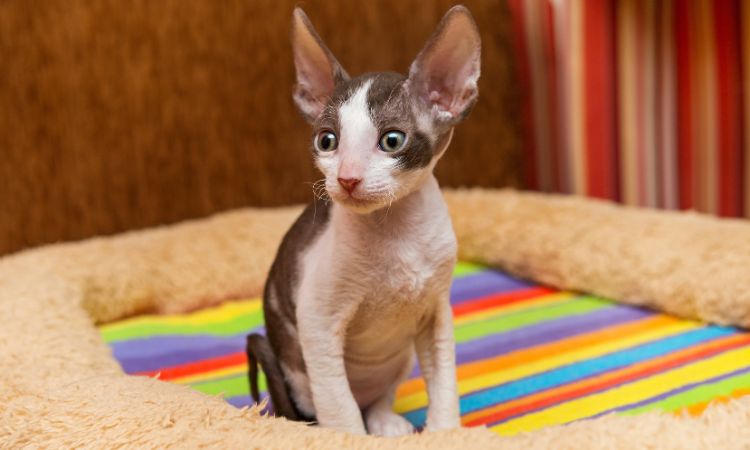
1. Food and Treats: $20 – $75 per month
The cost of food depends on whether you select store-brand or premium brands. High-quality diets may be more expensive upfront but can prevent health issues later, saving money on veterinary care.
2. Litter: $10 – $50 per month
Expenses include litter, liners, and deodorizing sprays to keep your cat’s environment clean and odor-free.
3. Routine Veterinary Care: $0 – $250 per month
Regular check-ups, vaccinations, and occasional medications are essential to maintain your cat’s health. While some months may have no costs, others—particularly during annual check-ups or minor illnesses—can range up to $250.
4. Flea, Tick, and Heartworm Prevention: Varies
Preventative medications are necessary to protect your Cornish Rex from parasites. Costs will depend on the products chosen and your cat’s weight and age.
5. Pet Insurance: $0 – $50 per month
Pet insurance can help cover unexpected medical expenses, from routine care to emergency treatments. While optional, many owners find it worthwhile to mitigate the risk of high veterinary bills.
6. Grooming and Other Supplies: $0 – $50 per month
Although Cornish Rex cats have minimal fur, they still benefit from grooming tools such as brushes or combs to maintain coat health. Additional supplies may include nail care, occasional new toys, or replacement scratching posts.
Owning a Cornish Rex requires careful budgeting, from the initial adoption or purchase price to ongoing expenses like food, veterinary care, and essential supplies. Whether you choose adoption or a breeder, understanding these costs ensures you can provide a healthy, happy, and well-cared-for cat.





